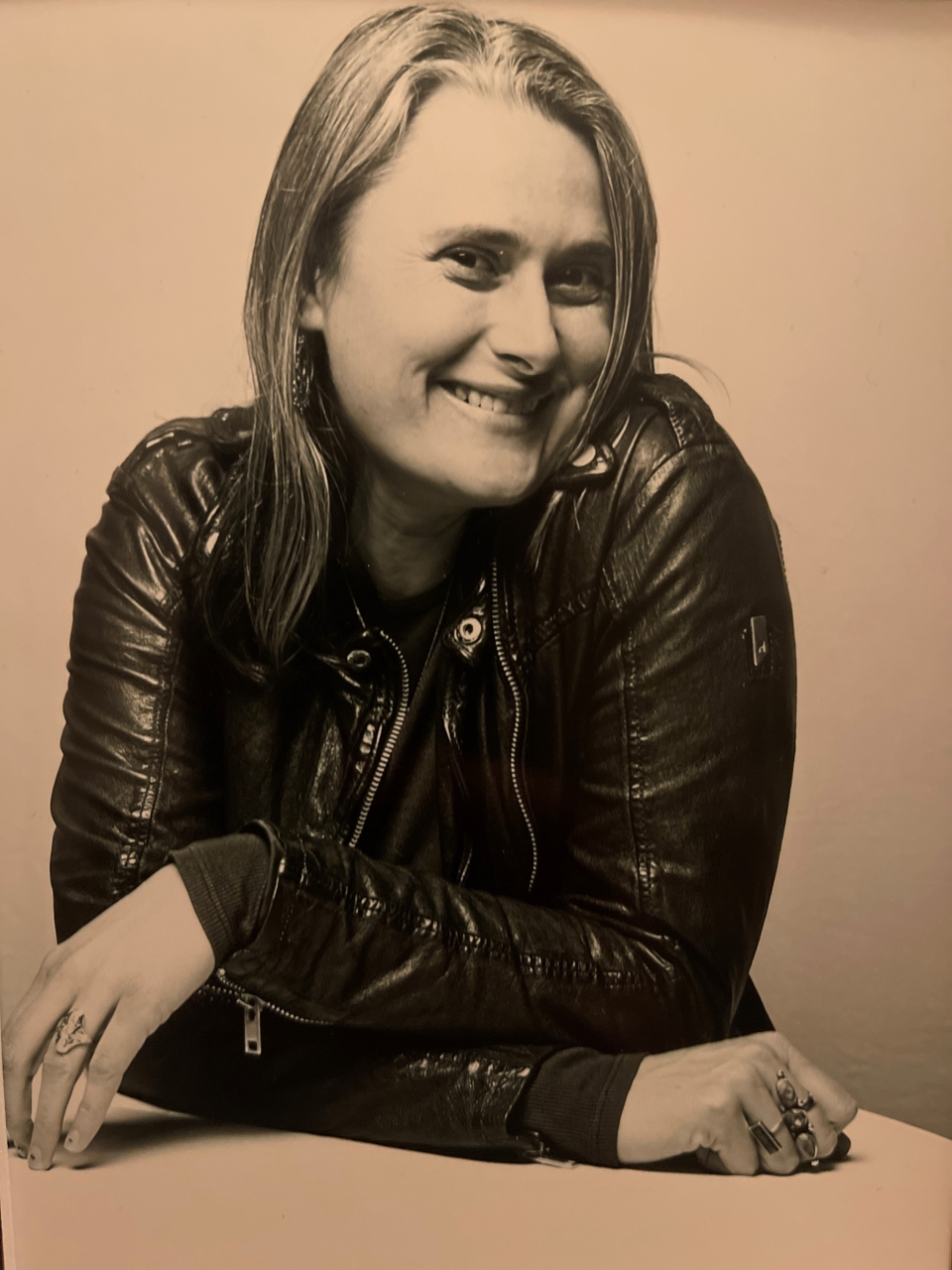Empathy: Using Cognition to Enhance Collaboration for Sustainability
–
Online
Free
Open to the Public

Effective collaboration and cooperation across difference are at the heart of present and future sustainability challenges and solutions.
Empathy: Using Cognition to Enhance Collaboration for Sustainability
Speaker: Lauren Lambert, Ph.D, founder of FutureNow
Tuesday, April 9, 2024
12:30pm to 1:30pm Pacific Time
Online via Zoom (details below)
About the topic
Collaboration among social groups (intragenerational), across time (intergenerational), and across species (interspecies) is central to achieving sustainability transitions in the 21st century.
In practice, there are three types of differences that limit collaboration and cooperation toward sustainability outcomes: differences among social groups, differences across time, and differences across species.
Each of these differences have corresponding cognitive biases that challenge collaboration. Social cognitive biases challenge collaboration among social groups; temporal cognitive biases challenge collaboration across time; and anthropocentric cognitive biases challenge collaboration across species.
In this work, I present three correctives to collaboration challenges spanning the social, temporal, and species cognitive biases through intervention-specific methods that build beyond traditional framings of empathy, toward social, futures, and ecological empathy.
By re-theorizing empathy across these domains, I seek to construct a multidimensional theory of empathy for sustainability, and suggest methods to build it, to bridge differences among people, time horizons, and species for sustainability practice.
About the Speaker
Lauren Lambert has over 15 years of experience in global risk assessment, sustainability, responsible innovation, organizational development and governance. As a futurist and social scientist, she specializes in designing learning environments that foster meaningful transformation in organizations, governments and on small teams. In addition to a successful career in marine insurance, her work over the last decade includes working with the World Resources Institute, International Tropical Timber Organization, National Institutes of Health, National Academies of Sciences, Arizona State University, School for the Future of Innovation & Society and the Konrad Lorenz Institute of Cognition and Learning, alongside multiple local and regionally based community sustainability and policy research initiatives across the globe.
Lauren Lambert is the founder of FutureNow. She completed her MA degrees in International Environmental Policy and Public Administration at MIIS in 2015.
Recommended Reading
- Cultivating Social, Futures and Ecological Empathy for Sustainability, by Lauren Lambert, 2023, Arizona State University
Zoom Link
https://middlebury.zoom.us/j/93416660930?pwd=RDEvU21PMjkvYmJISjZzWGdUV3MrQT09
Password: NoPlanetB
Meeting ID: 934 1666 0930
Or iPhone one-tap :
US: +16694449171„93416660930# or +16699006833„93416660930#
Or Telephone:
Dial(for higher quality, dial a number based on your current location):
US: +1 669 444 9171 or +1 669 900 6833 or +1 346 248 7799 or +1 719 359 4580 or +1 253 205 0468 or +1 253 215 8782 or +1 305 224 1968 or +1 309 205 3325 or +1 312 626 6799 or +1 360 209 5623 or +1 386 347 5053 or +1 507 473 4847 or +1 564 217 2000 or +1 646 876 9923 or +1 646 931 3860 or +1 689 278 1000 or +1 301 715 8592
Meeting ID: 934 1666 0930
Phone Password: 955312037 (no participant id, press # to bypass)
International numbers available: https://middlebury.zoom.us/u/auz5a5K2C
Questions
Contact Rachel Christopherson at the Center for the Blue Economy at cbe@miis.edu or (831) 647-4183.
Gratitude to Our Sponsor
We thank the Nancy Eccles and Homer M. Hayward Family Foundation.
About the Host: the Center for the Blue Economy
The Center for the Blue Economy is a research center at the Middlebury Institute of International Studies. Our mission is to provide economic and policy analysis that supports the development of a robust and equitable blue economy for the 21st century. The Center uses the World Bank’s definition of the Blue Economy: the sustainable use of ocean resources for economic growth, improved livelihoods and jobs, and ocean ecosystem health.
See the Lineup of all Speakers & Events
The Environmental Justice and Sustainability Speaker Series
